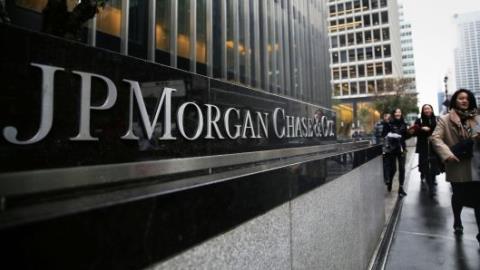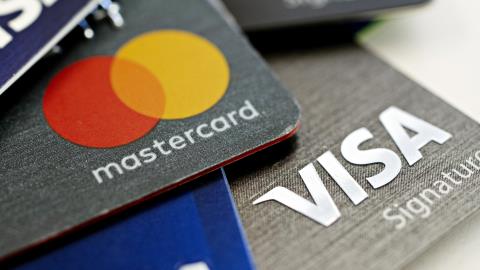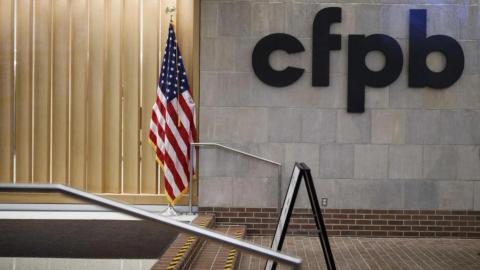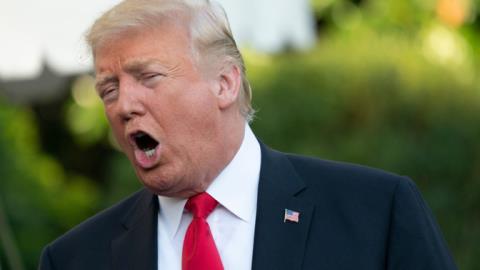
Similar Posts

JPMorgan Chase CEO Urges Washington to Reevaluate Financial Regulations for a Stronger Economy
Jamie Dimon, CEO of JPMorgan Chase, voiced concerns about the future of the Consumer Financial Protection Bureau (CFPB) amid the Trump administration’s efforts to reduce its regulatory powers. Changes include halting the CFPB’s activities and potential mergers of banking regulators without Congressional approval. Dimon emphasized that other agencies, like the SEC and Federal Reserve, also play vital roles in consumer protection. He discussed the issue of debanking, noting that regulatory pressures, especially around anti-money laundering, have led banks to withdraw services from certain clients. Legislative interest is rising, with calls for clearer definitions on banking service refusals, highlighting the need for fair banking practices.

Top Retailers Demand EU Action Against High Visa and Mastercard Fees
The International Card Schemes (ICS), particularly Visa and Mastercard, are facing criticism for raising fees without competitive pressure or regulatory oversight. Retailers, represented by organizations like EuroCommerce, highlighted a 33.9% increase in ICS fees from 2018 to 2022, averaging nearly 7.6% annually, with no service improvements. As Visa and Mastercard control two-thirds of Eurozone transactions, the European Central Bank is promoting local alternatives. Retail groups urge the European Commission to enforce antitrust rules, regulate interchange fees, ensure transparency, and scrutinize ICS activities. Visa contends that their fees support security and innovation efforts.

FDIC Confirms Banks Can Engage in Crypto Activities Without Prior Approval
The Federal Deposit Insurance Corporation (FDIC) has announced a shift in its regulatory stance, allowing banks to engage in crypto-related activities, provided they manage associated risks effectively. This updated policy replaces prior strict regulations requiring banks to obtain clearance for such activities. FDIC Chairman Travis Hill emphasized this change as a move towards a more flexible approach to cryptocurrencies and blockchain. The decision reflects a broader trend of loosening restrictions on digital assets within the financial sector, seen in recent actions by the Office of the Comptroller of the Currency and the Commodity Futures Trading Commission, signaling increased acceptance of digital currencies.

European Court of Auditors Raises Red Flags on EU Price Interventions in Card Market
Between 2017 and 2023, EU digital payments for retail sales more than doubled, surpassing €1 trillion, crucial for the internal market and cross-border transactions. A report from the European Court of Auditors (ECA) acknowledges improvements in safety, speed, and cost of digital payments but raises concerns about price interventions, including interchange fee caps and surcharge bans, lacking clear evaluation criteria. It notes ineffective monitoring systems and data access issues, leaving the impact of policies unclear. The report also critiques the open banking framework and calls for standardized APIs to enhance service quality, emphasizing the need to address these challenges for consumer benefit.

CFPB Plans to Abandon BNPL Regulations: What It Means for Consumers and the Future of Buy Now, Pay Later
In October, the Financial Technology Association (FTA) filed a lawsuit against the new Buy Now, Pay Later (BNPL) rule to safeguard consumers and BNPL providers. Recently, both the FTA and the Consumer Financial Protection Bureau (CFPB) sought a stay in the case as the CFPB plans to revoke the rule, which could moot the lawsuit. The proposed rule aimed to impose traditional credit card protections on BNPL products, raising concerns about consumer confusion. FTA CEO Penny Lee criticized the CFPB for exceeding its authority. Additionally, the CFPB has seen operational shifts under acting Director Russell Vought since 2020.

Trump’s Bitcoin Reserve Plan Fails to Move Markets: What You Need to Know
Bitcoin’s recent price dropped about five percent to $85,000 before recovering, following former President Trump’s announcement of a ‘Strategic Bitcoin Reserve.’ This reserve will use tokens seized by the government through asset forfeiture, with a focus on allowing commerce and treasury secretaries to develop cost-neutral strategies for acquiring Bitcoin. Additionally, a separate US Digital Asset Stockpile will manage non-Bitcoin cryptocurrencies. The US currently holds approximately $16.4 billion in Bitcoin and $400 million in other cryptocurrencies. Trump’s statements have spurred discussions on government involvement in the crypto market, prompting investors to watch for future developments.
